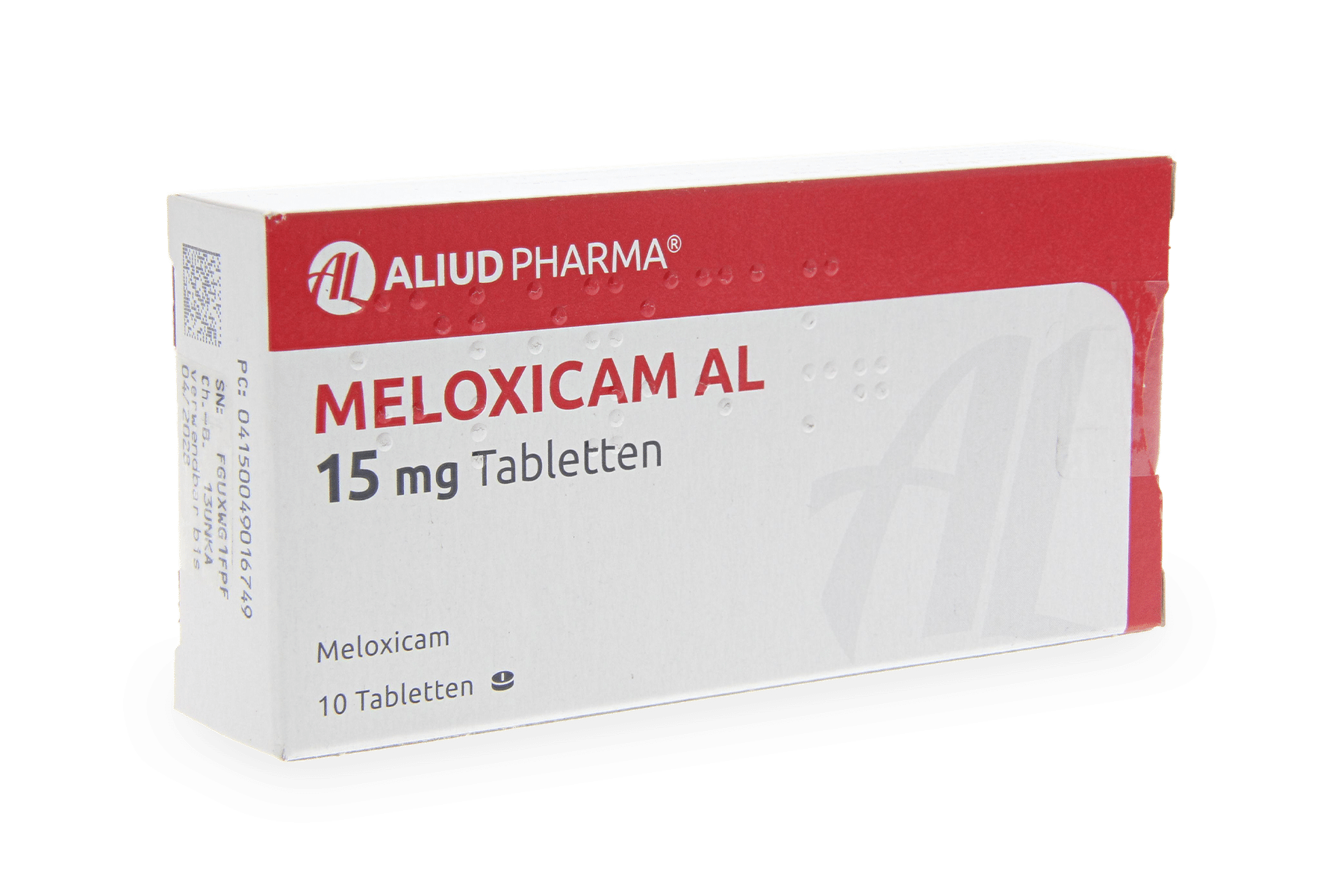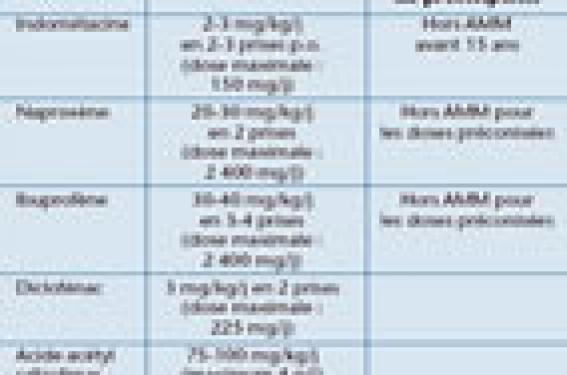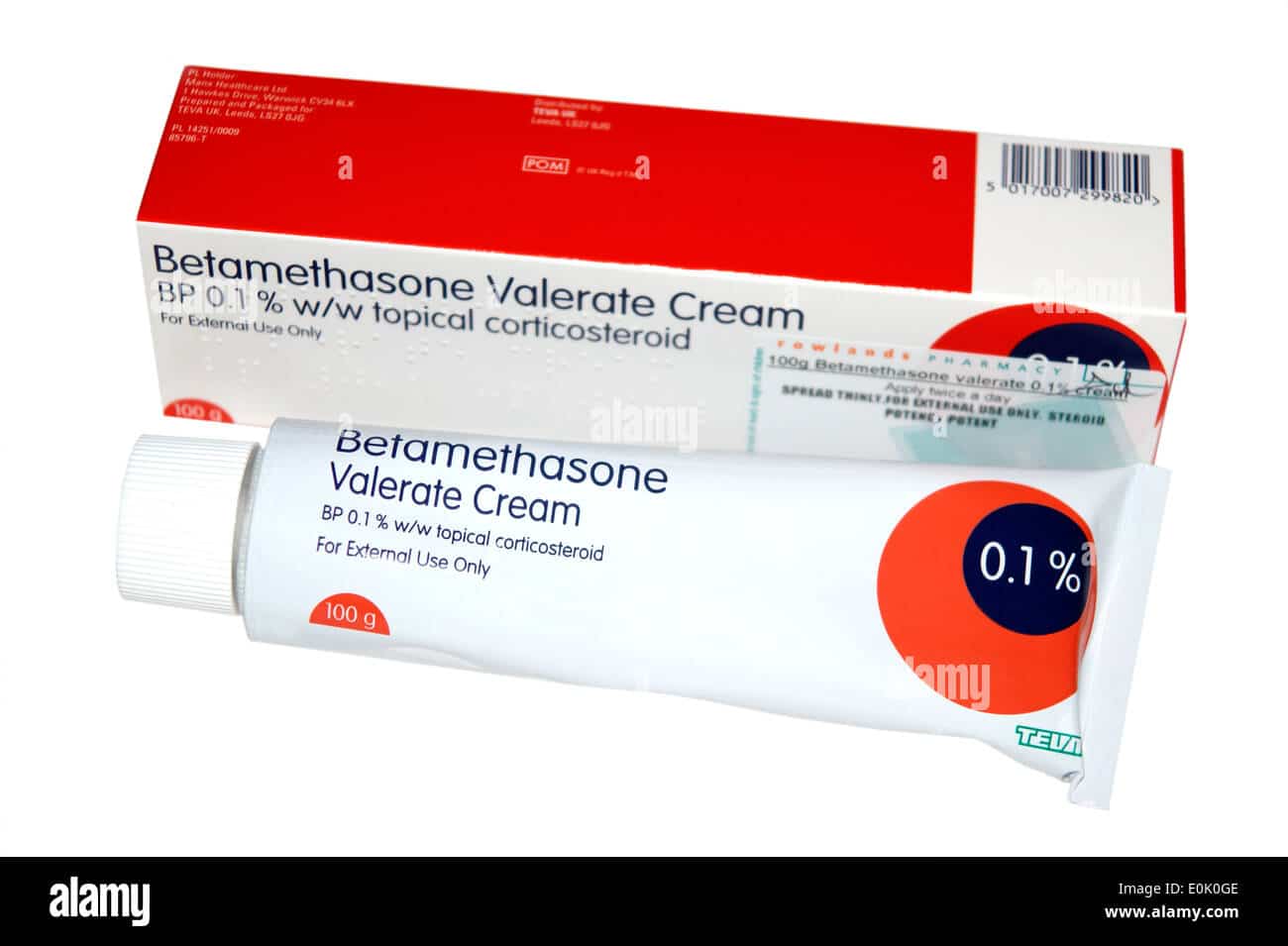Valproate sodium, a medication widely used in the treatment of epilepsy and bipolar disorders, raises increasing concerns due to its side effects and associated risks during pregnancy. Indeed, in utero exposure to valproate can lead to serious congenital malformations and developmental disorders in the child. An analysis of medical prescriptions and their consequences is essential to ensure the safety of patients of childbearing age while providing appropriate care for affected women.
Medical prescription and side effects of valproate sodium: what you need to know
Valproate sodium is an anticonvulsant medication widely used to treat various neurological disorders, including epilepsy and bipolar disorders. Since its marketing in the 1960s, it has been prescribed to millions of patients. However, its use, particularly among women of childbearing age, raises significant concerns due to the associated risks. It is therefore crucial to understand not only the indications for valproate sodium but also its potential side effects and precautions to be taken when prescribing it.
Indications and prescribing practices for valproate sodium
Valproate sodium is primarily used in the treatment of epilepsy in various forms, including generalized tonic-clonic seizures and focal seizures. It is also indicated for the treatment of manic episodes associated with bipolar disorder. The prescription of this medication is generally done by specialist doctors in neurology or psychiatry. For women of childbearing age, specific measures must be considered to minimize risks to the unborn child.
In the context of prescribing valproate sodium, it is essential that physicians conduct a complete medical assessment. This includes a thorough evaluation of the general health status, medical history, and ongoing treatments. Furthermore, the physician must adequately inform the patient of the potential risks associated with this medication, particularly concerning teratogenicity. Indeed, special attention should be given to women who wish to conceive or are already pregnant.
Side effects associated with valproate sodium
Valproate sodium is associated with a range of potential side effects that may vary among individuals. Among the most common adverse effects are nausea, vomiting, and gastrointestinal disturbances. There are also reports of drowsiness or excessive sleepiness, thereby affecting the patients’ daily quality of life. These adverse effects can impact not only physical health but also the psychological well-being of the affected patients.
A particularly concerning aspect of valproate sodium is its association with risks of congenital malformations in newborns if mothers take this medication during pregnancy. Studies show that in utero exposure to valproate sodium is associated with a significant increase in the risk of malformations, including cleft palates, neural tube defects, as well as cognitive and behavioral developmental disorders.
Pregnant women or those planning to become pregnant must be aware that valproate sodium can lead to serious and potentially lasting side effects on their child’s health. Current recommendations state that this medication should only be used during pregnancy when absolutely necessary and under close medical supervision.
Precautions and alternatives to consider
Given the risks associated with the use of valproate sodium, several precautionary measures should be implemented. Physicians must not only inform their patients of the risks but also encourage them to adopt effective contraception during treatment. Therapeutic alternatives, such as lamotrigine or levetiracetam, should also be considered, as these medications have a better safety profile for pregnant women.
At the same time, the government and regional health agencies are working to strengthen information on the risks of valproate sodium. This includes initiatives such as the introduction of pictograms on medication packaging to alert patients and compensation schemes for victims of adverse effects. These efforts aim to reduce exposure to valproate sodium among women of childbearing age and improve the management of already exposed cases.
It is also crucial that physicians are trained on the latest data and recommendations regarding the use of valproate sodium. The principles of pharmacovigilance, which involve monitoring adverse drug effects, play a key role in ensuring patient safety. By ensuring regular monitoring of the use of this medication, it is possible to guarantee that patients receive the most appropriate and safest care.
FAQ on medical prescription and side effects of valproate sodium
A : Valproate sodium is an anticonvulsant used primarily to treat epilepsy and bipolar disorders.
Q : What are the indications for valproate sodium?
A : This medication is indicated for the treatment of epilepsy and manic episodes related to bipolar disorder.
Q : What are the main side effects of valproate sodium?
A : Side effects may include nausea, vomiting, memory disorders, and increased risks of congenital malformations in children exposed in utero.
Q : Are there precautions for women of childbearing age?
A : Yes, the use of valproate sodium is not recommended for women of childbearing age unless absolutely necessary, and it is important to use effective contraception during treatment.
Q : What is the frequency of exposure to valproate sodium during pregnancy?
A : According to studies, approximately 1.9 pregnancies per 1,000 occur under valproate sodium, which represents more than 14,322 pregnancies between 2007 and 2014.
Q : What are the risks associated with exposure to valproate sodium during pregnancy?
A : Exposure to valproate sodium is associated with a 3 to 4 times increase in the risks of facial malformations and neuropsychiatric developmental disorders in children.
Q : Are there therapeutic alternatives without teratogenic risks?
A : Yes, alternatives like lamotrigine and levetiracetam show much lower malformation risks and are now often preferred.
Q : What should a patient do if she is considering pregnancy and taking valproate sodium?
A : She should consult her doctor to evaluate the risks and consider a possible change of treatment.
Q : How can valproate sodium affect child development?
A : Children exposed to valproate sodium may face increased risks of developmental delays, learning disorders, and behavioral problems.













